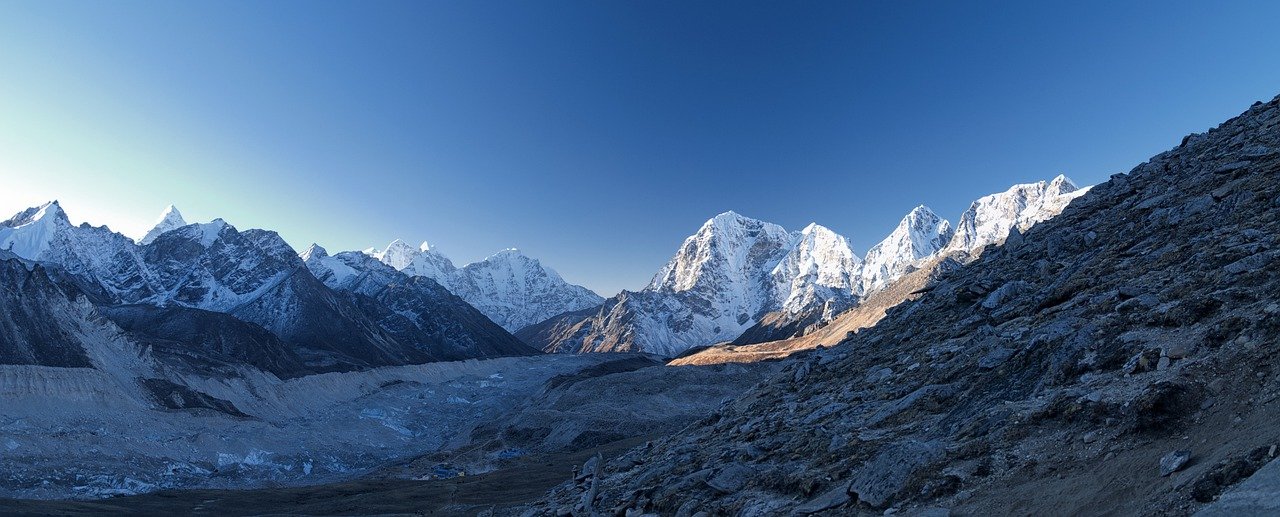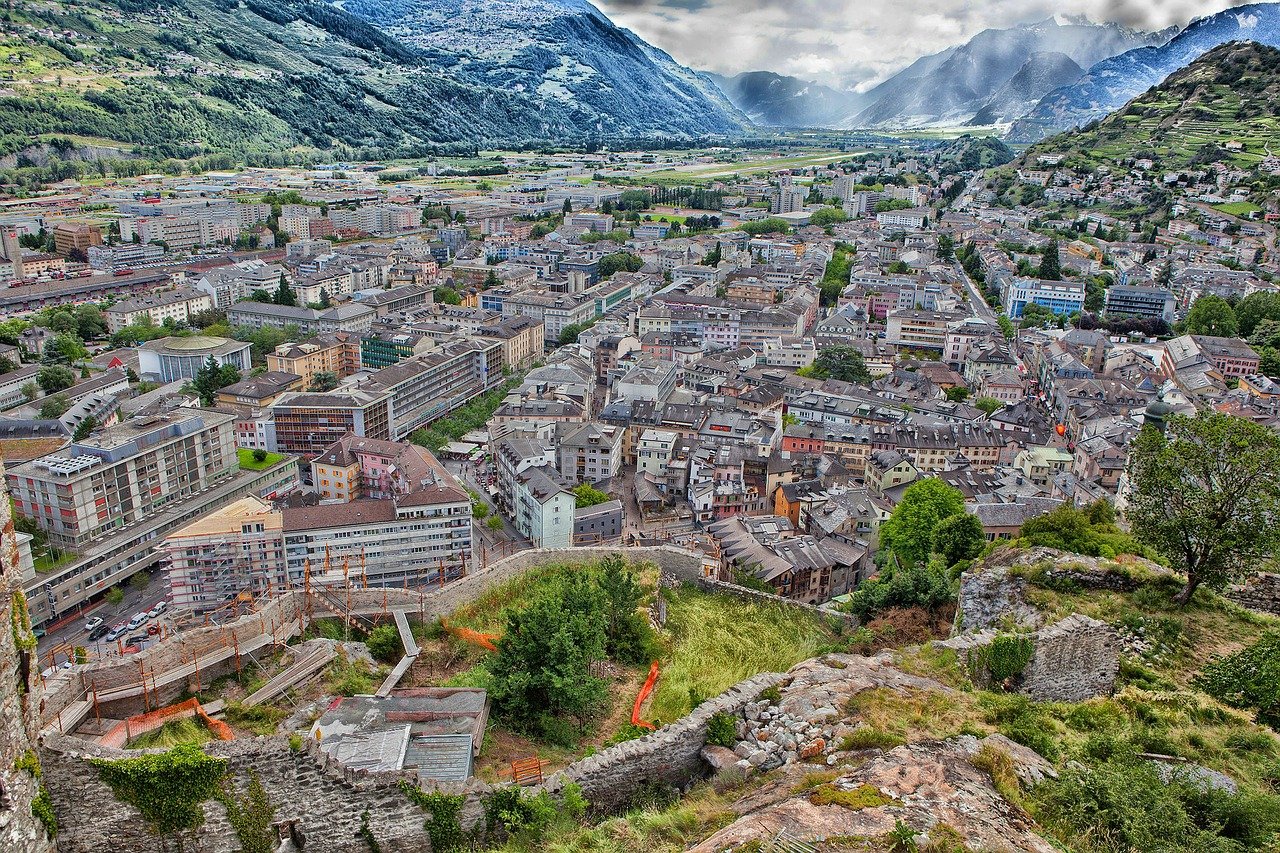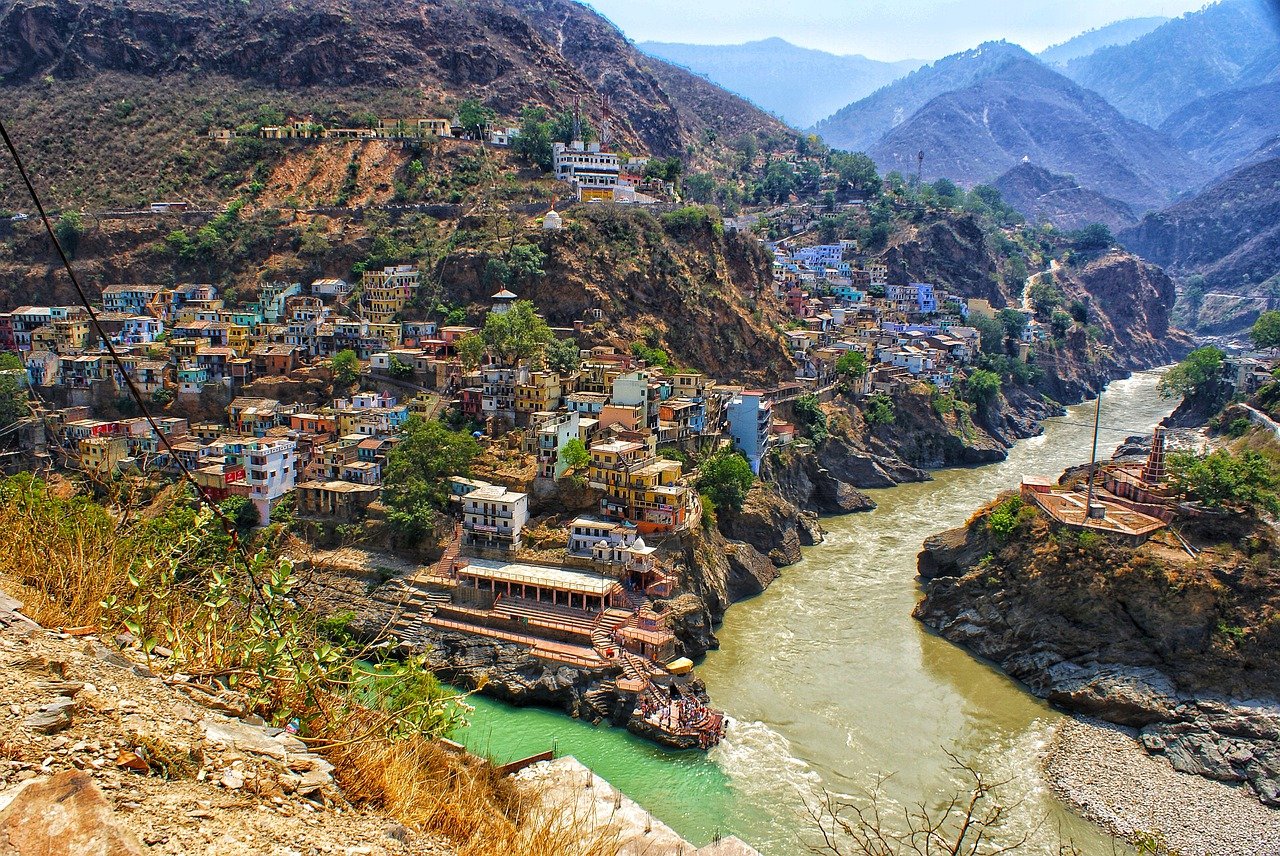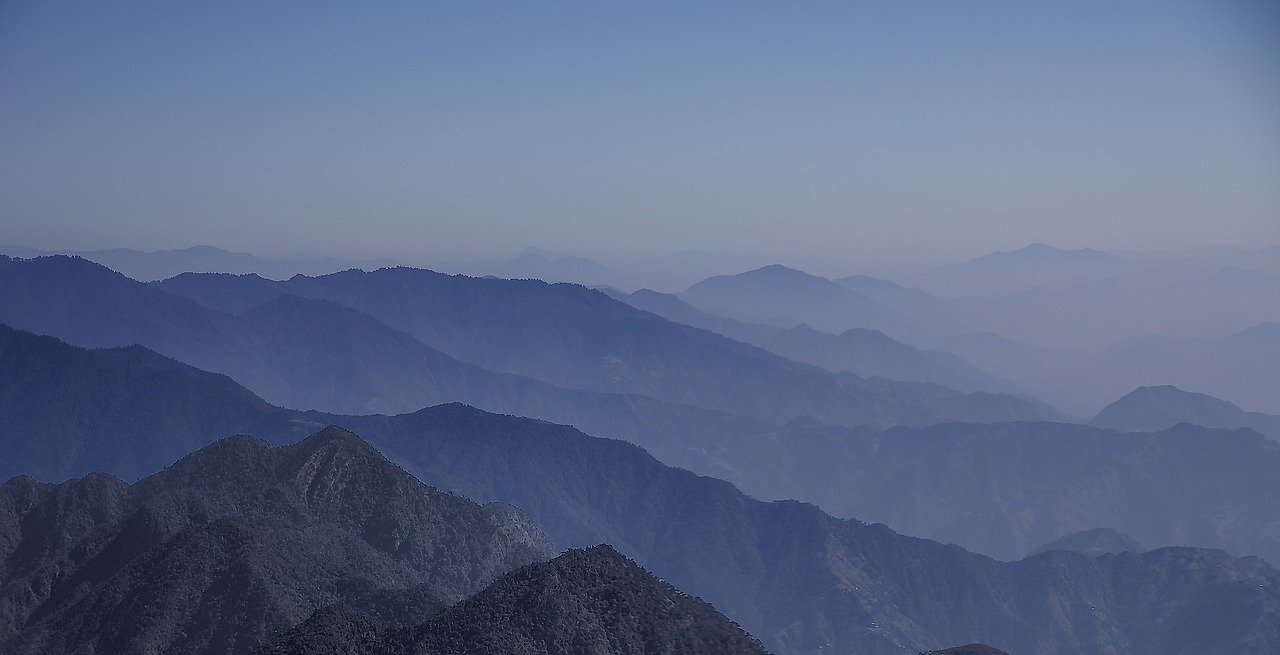News
- Details
- Category: Global News
The Solution-Oriented Research for Development programme supports transdisciplinary research in collaboration with developing countries. It will run from 2022 to 2026.
Achieving the sustainable development goals set out in the 2030 Agenda requires new ways of thinking, innovative social practices, and adapted technologies. As part of the UN's Decade of Action, the Swiss National Science Foundation (SNSF) and the Swiss Agency for Development and Cooperation (SDC) renewed their partnership for a further ten years in 2021. Central to this alliance is the launch of the new research programme Solution-Oriented Research for Development (SOR4D). Focusing on transdisciplinary research and the needs of development actors, it will aim to generate solutions, innovations, and improved knowledge to foster sustainable development and reduce poverty in the least developed and low- and middle-income countries.
- Details
- Category: MRI News
Early in 2021, a call for proposals as part of the MRI Synthesis Workshops seed funding programme was issued. A total of eight proposals fulfilled the requirements for further consideration. Of these, two proposals were selected for funding. The first addresses mapping vegetation using high-resolution remote sensing. The second focuses on building a regional network to study carbon dynamics in peatlands along the Andes.
As part of our commitment to support our research community to advance key research questions relevant for knowledge on social-ecological systems in mountains, the MRI continues to make small grants available for MRI Synthesis Workshops. Together with MRI Working Groups, these workshops are part of current MRI Community-Led Activities, which are those activities led primarily by researchers and supported by the MRI Coordination Office through seed funding, and administrative and communications assistance.
- Details
- Category: Global News
The accelerating melting of the Himalayan glaciers threatens the water supply of millions of people in Asia, new research warns.
The study, led by the University of Leeds, concludes that over recent decades the Himalayan glaciers have lost ice ten times more quickly over the last few decades than on average since the last major glacier expansion 400-700 years ago, a period known as the Little Ice Age.
- Details
- Category: New Publication
The latest issue of the open access journal Mountain Research and Development is now available, covering topics from how ski resorts are responding to climate change to irrigation systems in the Upper Indus Basin.
Two articles in this open issue focus on ski resorts in the USA and how they can respond to climate change: one presents a voluntary environmental program for large resorts, the other analyzes climate change impacts and adaptation action. A comprehensive review of literature on adaptation action in mountain areas worldwide emphasizes the need to close the adaptation gap in mountains.
- Details
- Category: MRI News
The Interdisciplinary Centre for Mountain Research (CIRM) of the University of Lausanne, with the Labex ITTEM, hosted a hybrid workshop on 21-22 October 2021 in Sion, Switzerland, which aimed at offering a space for joint reflection and sharing of experiences on how diverse entities foster scientific research in the mountains. Representatives from the MRI were among those present.
A total of 32 individual researchers attended the workshop at the CIRM premises in Bramois, Sion, with an additional 13 researchers joining proceedings via video conference. The attendees represent some twenty institutions from Alpine countries and international networks. The objectives of this workshop were to (1) share inter- and transdisciplinary research experiences (both successes and obstacles and challenges), (2) discuss the role of this research on transformations towards sustainability, and (3) discuss and explore a possible common future between the different institutions.
- Details
- Category: New Publication
Published this month, this OECD Development Co-operation Working Paper presents approaches to strengthening the resilience of human and natural systems in mountainous areas against the impacts of climate change.
OECD Development Co-operation Working Papers cover work on understanding aid flows, strengthening aid delivery, and improving development policy.
- Details
- Category: MRI News
The American Geophysical Union (AGU) General Assembly 2021 took place December 13-17. MRI Executive Director Carolina Adler, SLC members Bryan Mark and Shawn Marshall, and Scientific Project Officer Gabrielle Vance convened the session 'Global Environmental Change in Mountain Social-Ecological Systems.'
- Details
- Category: Global News
An unprecedented abundance of oceanic life played a crucial role in the creation of Earth's mountains, a landmark study led by scientists at the University of Aberdeen has revealed.
While the formation of mountains is usually associated with the collision of tectonic plates causing huge slabs of rock to be thrust skywards, the study has shown that this was triggered by an abundance of nutrients in the oceans 2 billion years ago which caused an explosion in planktonic life.














